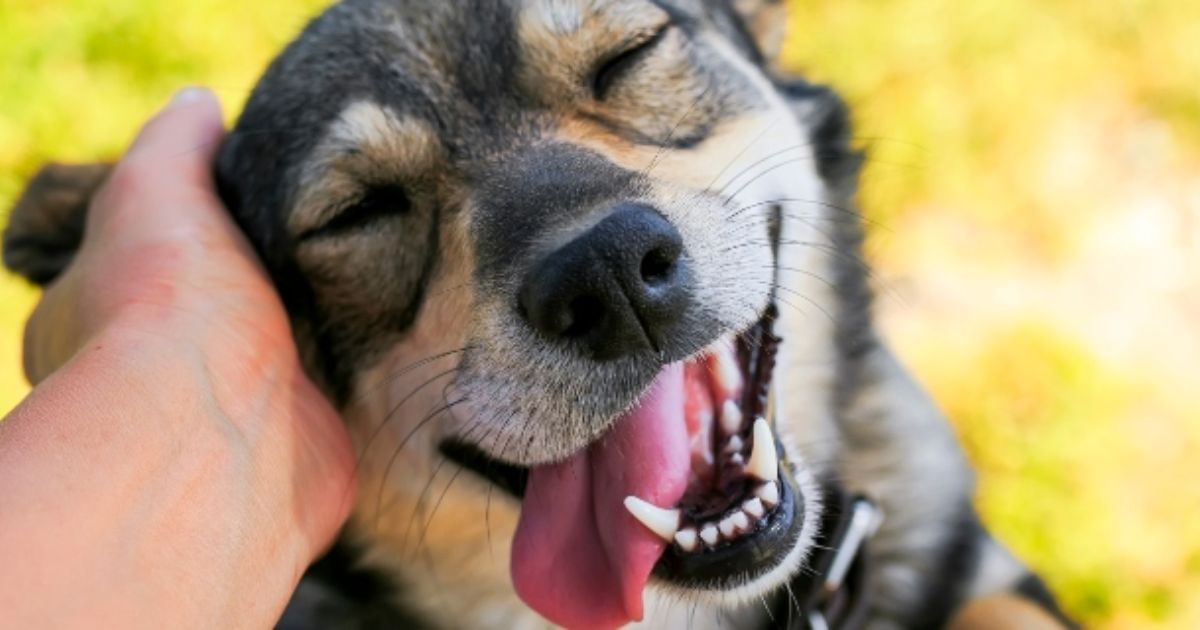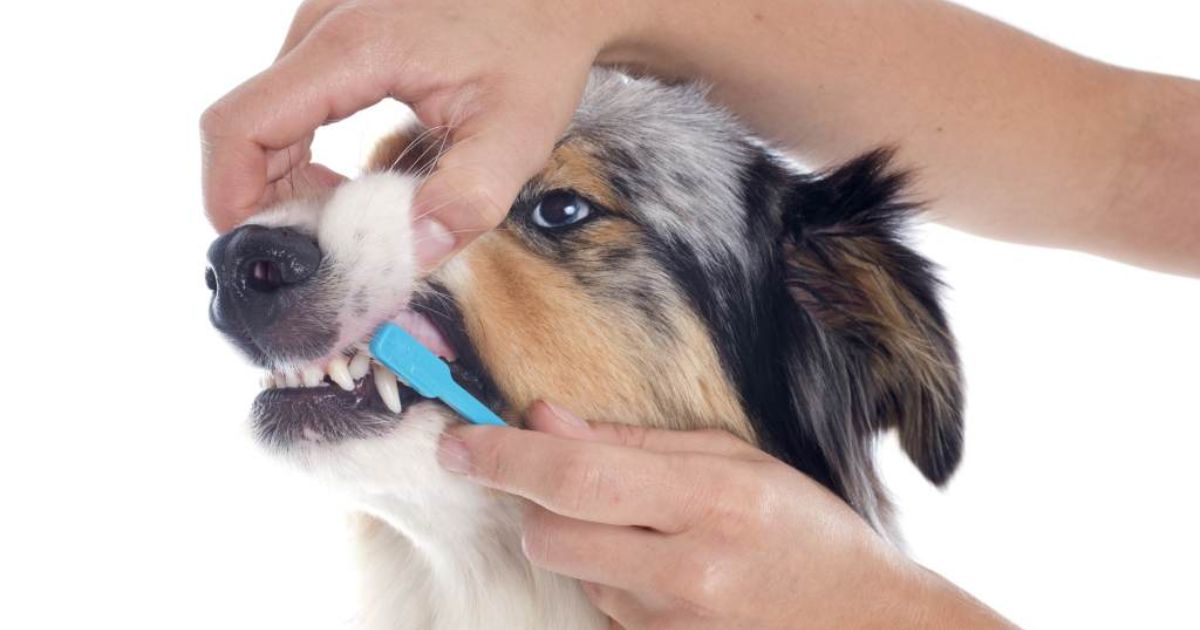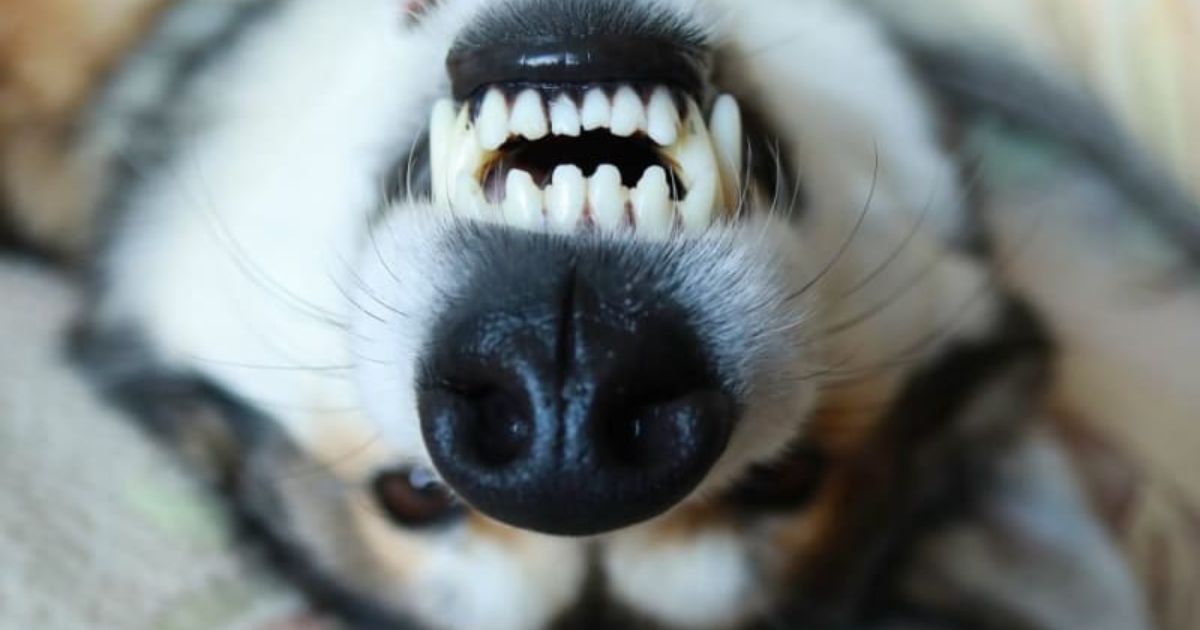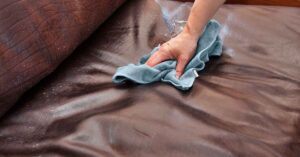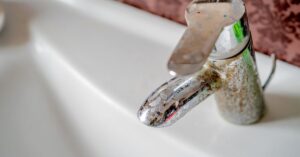In a world where cleanliness is paramount, an unlikely contender emerges: the dog’s mouth. This age-old debate has captivated the minds of pet owners and scientists alike. Cleaning Without Insurance? Canines, with their seemingly insatiable urge to lick, possess a hidden power within their saliva. But is this power truly a force for good? Join us as we explore the scientific truth behind the cleanliness of a dog’s mouth, shedding light on its impact on human health and dispelling myths along the way.
Key Takeaways
- Popular belief about a dog’s cleaner mouth is based on common misconceptions and lacks scientific evidence.
- Dogs have certain physiological characteristics that may contribute to oral health, but this does not make their mouths inherently cleaner than humans.
- Dog saliva contains enzymes and proteins that can aid in tissue breakdown and cell growth, as well as antibacterial properties that can help prevent infection.
- However, dog saliva also contains bacteria and microorganisms that can potentially lead to infection, so caution should be exercised when using it for wound healing or allowing dogs to lick the skin of babies or individuals with sensitive skin.
The Popular Belief About Dog’s Cleaner Mouths
The popular belief that a dog’s mouth is cleaner than a human’s is based on common misconceptions and lacks scientific evidence. While it is true that dogs have certain physiological characteristics that may contribute to their oral health, such as a higher pH level and certain enzymes that can inhibit bacterial growth, it is important to note that these factors alone do not make a dog’s mouth inherently cleaner.
In fact, dogs are known to carry a variety of bacteria and viruses in their mouths, some of which can be harmful to humans. Additionally, a dog’s oral hygiene largely depends on their diet, dental care, and overall health. Therefore, it is crucial to prioritize proper dental hygiene for both humans and dogs to ensure optimal oral health.
Can Dog Saliva Heal Wounds
Dog saliva has been studied for its potential to heal wounds. While there is some evidence to suggest that dog saliva may have antimicrobial properties, its ability to promote wound healing is still under investigation. Researchers have found that dog saliva contains certain enzymes and proteins that can aid in the breakdown of dead tissue and promote the growth of new cells.
Additionally, dog saliva has been found to have antibacterial properties that can help prevent infection in wounds. However, it is important to note that dog saliva also contains bacteria and other microorganisms that can potentially lead to infection if introduced into an open wound. Therefore, further research is needed to fully understand the potential benefits and risks of using dog saliva for wound healing.
- Dog saliva contains enzymes and proteins that aid in tissue breakdown and cell growth.
- Dog saliva has antibacterial properties that can help prevent infection.
- Further research is needed to fully understand the benefits and risks of using dog saliva for wound healing.
Comparing Oral Hygiene Between Dogs and Humans
Comparing oral hygiene practices between canines and humans reveals distinct differences in their dental care routines. Humans have a well-established dental hygiene regimen that typically involves brushing their teeth twice a day, flossing, and regular dental check-ups. In contrast, dogs rely on their natural chewing behavior to help maintain their oral health. Chewing on appropriate toys or bones can help reduce plaque and tartar buildup, as well as provide exercise for their jaws.
However, it is important to note that dogs still require regular dental care, including professional cleanings by a veterinarian, to prevent dental diseases. Furthermore, humans have access to a wide range of dental products, such as toothpaste, mouthwash, and dental floss, specifically designed to promote oral hygiene. Dogs, on the other hand, have limited options when it comes to dental care products, with most relying on specially formulated toothpaste and toothbrushes designed for their unique oral needs.
Infections and Diseases From Dog Saliva
- Several infections and diseases can be transmitted through contact with dog saliva. While dogs are beloved companions, it is essential to be aware of the potential health risks associated with their saliva. Here are some infections and diseases that can be transmitted through dog saliva:
- Capnocytophaga Infection: This bacteria is commonly found in the mouths of dogs and can cause serious infections in humans, particularly those with weakened immune systems.
- Leptospirosis: This bacterial infection can be transmitted through contact with infected dog saliva and urine, leading to flu-like symptoms or even liver and kidney damage.
- Pasteurella Infection: Dogs can carry this bacteria in their mouths, which can cause painful skin infections in humans.
Understanding the potential risks of dog saliva is crucial for maintaining good health. Now, let’s delve into the impact of dog saliva on the skin and its implications for babies.
NEXT SUBTOPIC: ‘Dog Saliva’s Impact on Skin and Babies’
Dog Saliva’s Impact on Skin and Babies
When considering the impact of dog saliva on skin and babies, it is important to understand the potential effects and precautions that should be taken. Dog saliva contains various bacteria, enzymes, and proteins that can have both positive and negative effects on the skin. While some of these components may have antimicrobial properties, others can cause irritation, allergies, or even infections in individuals with compromised skin barriers.
It is essential to ensure proper hygiene and cleanliness when allowing dogs to lick the skin of babies or individuals with sensitive skin. Additionally, it is crucial to supervise interactions between dogs and babies to prevent accidental injuries or the transmission of harmful bacteria. The table below summarizes the potential effects of dog saliva on skin and offers precautionary measures to mitigate any risks.
| Potential Effects of Dog Saliva on Skin | Precautions to Take |
|---|---|
| Irritation or Allergic Reactions | Keep the skin clean and dry. Avoid prolonged contact with dog saliva. |
| Infections or Wound Contamination | Clean wounds immediately and thoroughly. Seek medical attention if necessary. |
| Transmission of Harmful Bacteria | Avoid allowing dogs to lick open wounds or mucous membranes. Practice good hygiene. |
Understanding these potential effects and taking appropriate precautions can help ensure the well-being and safety of both babies and individuals with sensitive skin in the presence of dogs.
Tips to Prevent Dogs From Licking You
To prevent dogs from licking you, employ one simple yet effective technique. It is important to establish clear boundaries and train your dog to understand that licking is not acceptable behavior. Here are some tips to help you prevent dogs from licking you:
- Consistently reinforce the “no licking” command using positive reinforcement techniques.
- Redirect your dog’s attention to a chew toy or treat whenever they attempt to lick you.
- Use deterrent sprays or bitter-tasting substances on your skin to discourage licking.
Maintaining a Clean Dog’s Mouth
Maintaining proper oral hygiene for your dog is essential for their overall health and well-being. Just like humans, dogs can develop dental problems such as tartar buildup, gum disease, and bad breath if their mouths are not properly cared for. To ensure a clean dog’s mouth, regular brushing is crucial. Use a specially designed dog toothbrush and toothpaste to gently remove plaque and bacteria from their teeth.
Additionally, offering dental chews or toys can help promote healthy teeth and gums by reducing plaque and tartar. Providing a balanced and nutritious diet is also important, as it contributes to overall oral health. Lastly, scheduling regular dental check-ups with a veterinarian is recommended to address any potential issues and ensure your dog’s mouth remains clean and healthy. By following these practices, you can contribute to your dog’s overall well-being and foster a strong bond with your furry companion.
The Truth About a Dog’s Mouth Cleanliness
Proper oral hygiene for dogs is not only essential for their overall health and well-being, but it is also worth noting that a dog’s mouth is actually cleaner than a human’s. While this might come as a surprise to some, scientific research has shown that dogs possess certain natural defenses against oral bacteria that humans do not. Here are some key reasons why a dog’s mouth can be considered cleaner:
- Dogs have a higher saliva pH level, which creates an inhospitable environment for bacteria to thrive.
- The enzyme lysozyme, found in a dog’s saliva, helps break down the cell walls of bacteria, preventing their growth.
- Dogs have a self-cleaning mechanism in their mouths, with their tongues acting as natural brushes that remove debris and bacteria.
FAQ,s
How Often Should I Brush My Dog’s Teeth to Maintain Their Oral Hygiene?
To maintain optimal oral hygiene in dogs, it is recommended to brush their teeth at least 2-3 times a week. Regular brushing removes plaque and prevents tartar buildup, reducing the risk of dental diseases and promoting overall dental health.
Can Dog Saliva Transmit Any Diseases to Humans?
While it is a commonly held belief that a dog’s mouth is cleaner than a human’s, it is important to consider the potential transmission of diseases through dog saliva to humans.
Are There Any Specific Breeds of Dogs That Have Cleaner Mouths Than Others?
There is no scientific evidence to suggest that specific dog breeds have cleaner mouths than others. While cleanliness can vary based on individual hygiene practices, overall oral health is more influenced by care and maintenance than breed.
What Should I Do if My Dog Licks a Wound on My Skin?
If your dog licks a wound on your skin, it is important to take prompt action. Clean the wound with mild soap and water, apply an antiseptic ointment, and cover it with a sterile bandage to prevent infection. Seek medical attention if necessary.
Is It Safe for Babies to Be Licked by Dogs?
It is not recommended for babies to be licked by dogs due to the potential risks of transferring bacteria and pathogens. Close supervision and hygiene practices should be followed to ensure the safety and well-being of both the baby and the dog.
Conclusion
In conclusion, the belief that a dog’s mouth is cleaner than a human’s is not supported by scientific evidence. While dog saliva may have certain wound-healing properties, it also carries the risk of transmitting infections and diseases. Moreover, dogs’ mouths can harbor bacteria that can cause skin irritations and pose a risk to babies. To prevent dogs from licking, it is important to train them and maintain their oral hygiene. Ultimately, the cleanliness of a dog’s mouth is a misconception that should be addressed. Can we truly trust the cleanliness of a dog’s mouth when it comes to our health?
